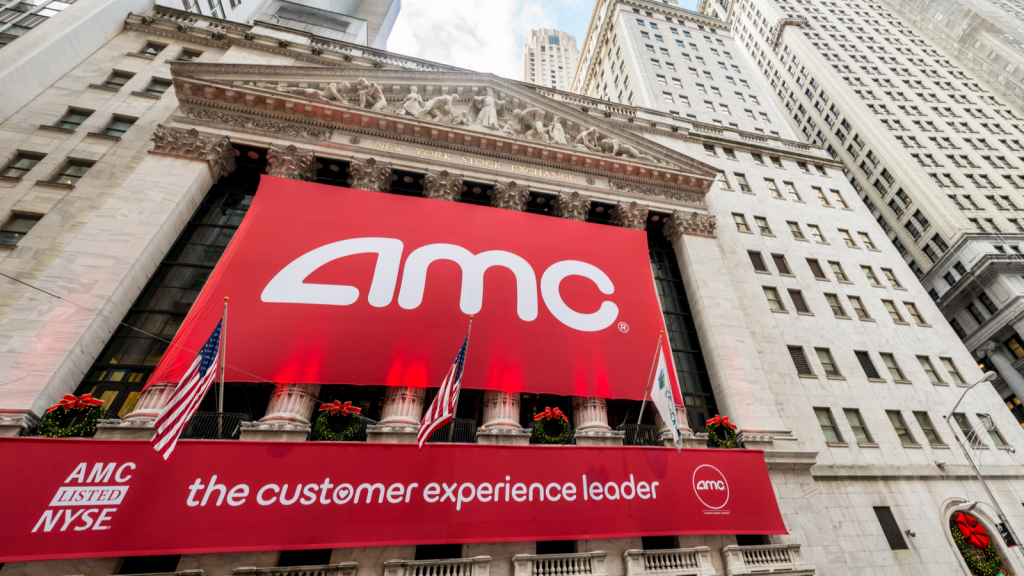AMC Entertainment (NYSE:AMC) recently announced that it acquired seven locations with 66 screens in Connecticut, Upstate New York and Annapolis, Maryland. The meme-friendly theatre chain acquired the theatres from Bow Tie Cinemas. AMC stock gained 6% on the news.
While the stock got a one-day boost from the news, the acquisition of these theatres will not turn analysts bullish on the company’s prospects. Of the eight covering AMC stock, three rate it a hold and five think it’s an outright sell with a median target price of $6, 65% below where it’s currently trading.
Analysts don’t like AMC. Investors shouldn’t either. Here’s why.
Ever the promotor, CEO Adam Aron was raving about the impact these seven theatres would make on its business and growth strategy.
“Our theatre acquisition strategy makes AMC a better and stronger company as we move forward on our glidepath to recovery. Acquiring these locations is especially notable for our expansion in Connecticut, where we are more than doubling our presence,” Aron stated in the press release.
There’s no question moviegoers in Connecticut will benefit from an expanded AMC presence in the state, but that doesn’t mean shareholders should be thrilled with these purchases. Instead, it adds to the company’s significant debt.
The company’s most recent significant acquisition was Nordic Cinema Group in March 2017. It paid $964 million, including the assumption of $312.5 million of the Scandinavian company’s debt. That acquisition also included a 50% investment in another theatre chain with 50 theatres and 201 screens. That acquisition at the time had AMC operating 1,000 theatres worldwide.
Sure, covid-19 has definitely led to AMC shuttering some theaters, but an acquisition of seven versus approximately 93 just five years ago says a lot about how much the pandemic has drastically altered their capacity.
However, a big deal is that AMC already has plenty of movie theatres in both the U.S. and elsewhere. So it needs additional revenue streams, and I’m not talking about mining revenue.
I often make light of analyst stock ratings and target price projections in my commentaries. The reality, however, is that they spend significant hours creating financial models for the companies they cover, and more often than not, the earnings and revenue estimates are pretty darn close.
So, the fact that the highest target price for AMC stock is $6, $11.35 less than its current share price, says all you need to know about Wall Street’s view of the company.
Growing its footprint of theatres in the U.S. and elsewhere might appear to be a value-oriented proposition given how smaller theatre chains have suffered during covid-19. But it’s throwing good money after bad.
Adam Aron has to create new revenue streams that leverage its customer base. He doesn’t need more customers; he needs to make more money from his customers.
Analysts don’t see this happening. I second that opinion. Theatre acquisitions aren’t the solution. Not by a long shot.
On the date of publication, Will Ashworth did not have (either directly or indirectly) any positions in the securities mentioned in this article. The opinions expressed in this article are those of the writer, subject to the InvestorPlace.com Publishing Guidelines.
